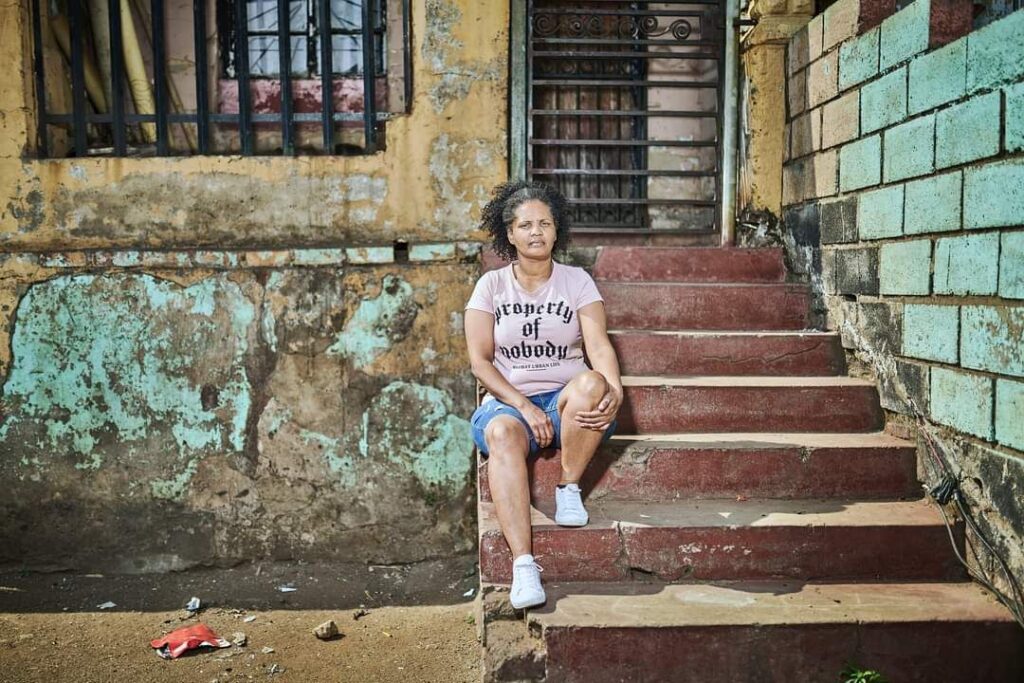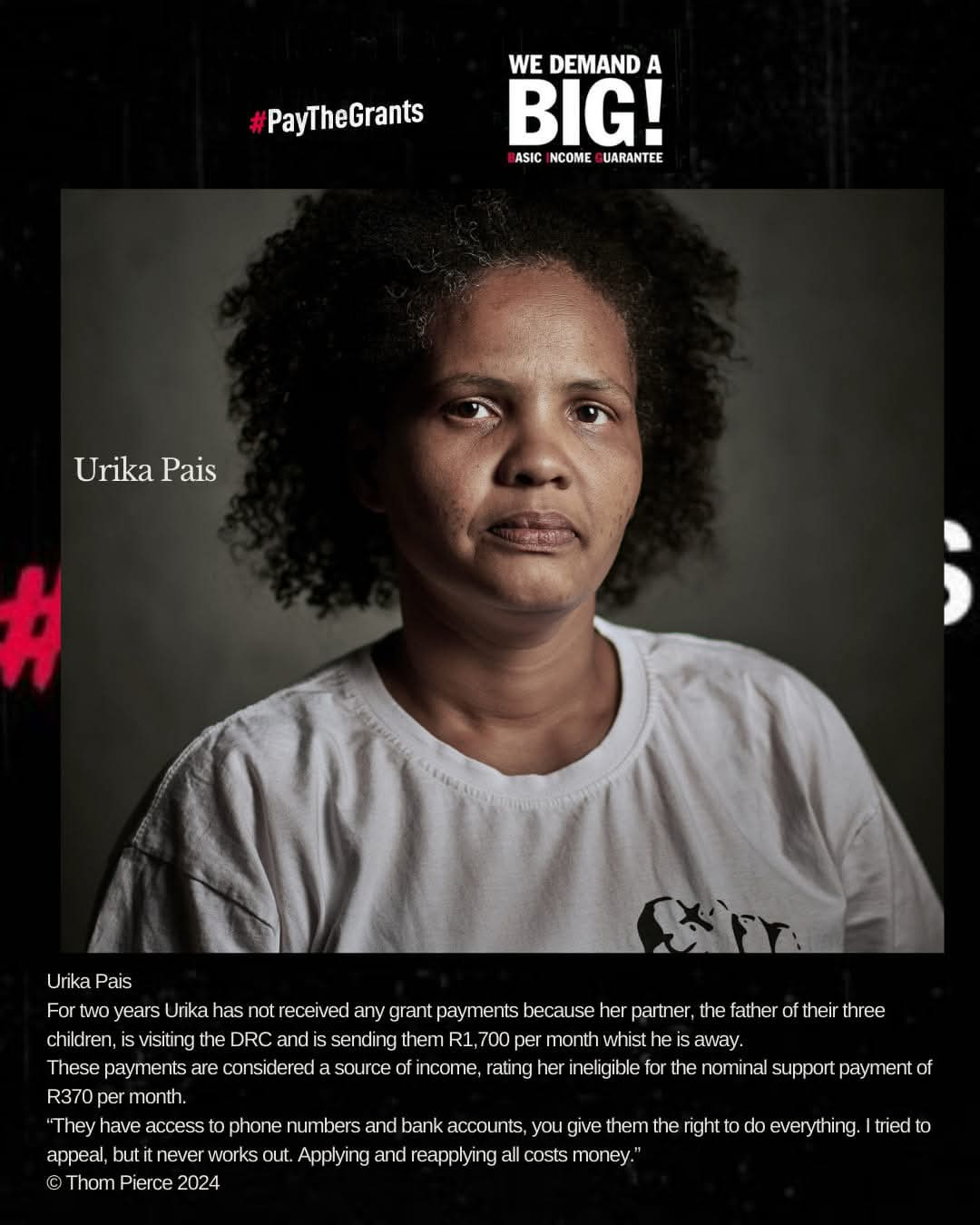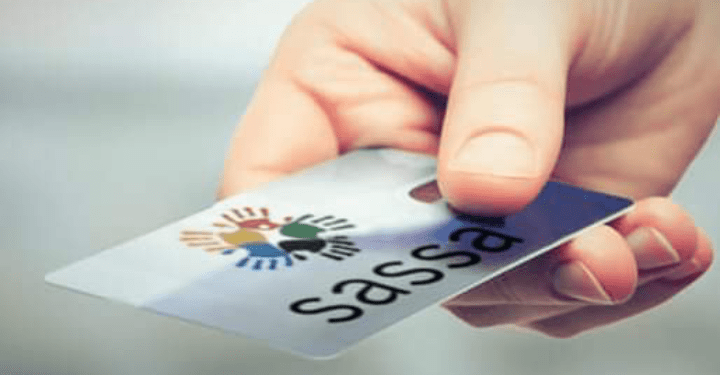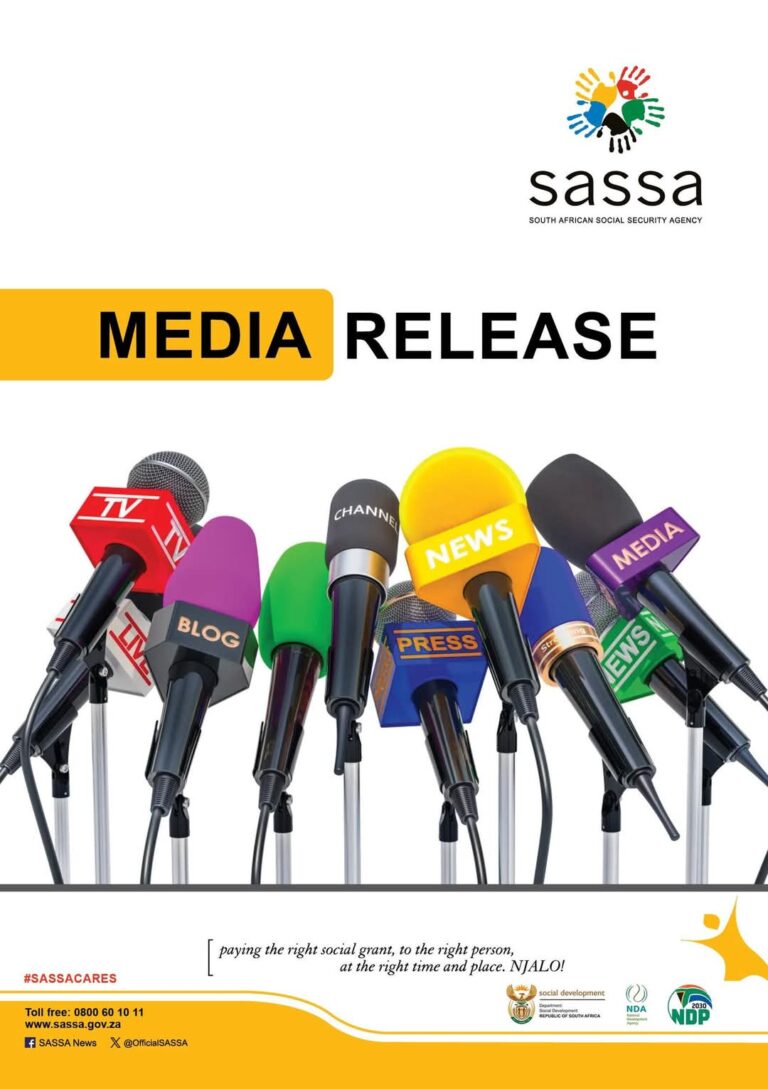The Human Cost of Administrative Inefficiencies: Urika Pais’s Story and the Need for Universal Basic Income
Urika Pais from Eldorado Park has faced financial hardship for two years. Her partner, the father of their three children, is in the DRC and sends R1,700 per month to support the family. However, these payments are considered a “source of income,” rendering Urika ineligible for the R370 monthly support grant. Despite repeated appeals, she has been unable to secure any grant payments. Urika says, “They have access to phone numbers and bank accounts, you give them the right to do everything. I tried to appeal, but it never works out. Applying and reapplying all costs money.”

This story highlights the systemic issues within the current grant system, where administrative hurdles and technicalities prevent those in need from receiving essential support. The lack of a streamlined process exacerbates the struggles of families like Urika’s, who find themselves trapped in a cycle of financial instability.
Enter Universal Basic Income (UBI). UBI proposes providing all citizens with a guaranteed, unconditional sum of money regularly. Unlike the SRD grant, which requires beneficiaries to navigate a complex and often inaccessible bureaucratic maze, UBI offers a simplified, inclusive approach. It ensures that everyone, regardless of their circumstances, has access to financial security and dignity.
The need for UBI becomes even more evident when considering the limitations of the current grant system. Many individuals like Urika are excluded due to minor technicalities or lack of access to necessary technology. Furthermore, the system’s inability to adapt to changes, such as updating personal information, leaves vulnerable individuals in a perpetual state of uncertainty and financial strain.
It’s time to rethink how we support our communities. A Universal Basic Income could provide the stability and dignity that many desperately need, ensuring that no one falls through the cracks due to administrative inefficiencies.






